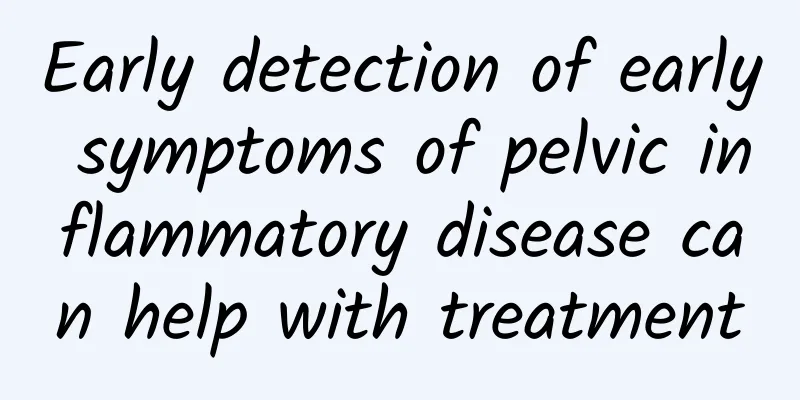What are the examination methods for chronic adnexitis?

|
The examination items for adnexitis are the main basis for confirming the diagnosis of adnexitis. Therefore, it is recommended to have a certain understanding of this aspect, but there is no need to delve too deeply into it. For patients with adnexitis, the symptoms of adnexitis are much more important than the examination items. This is the basic existence for discovering adnexitis. The following is a summary of the examination items for adnexitis: 1. The first thing to do for adnexitis is direct smear sampling of secretions: such as vaginal mucus, cervical canal secretions, urethral secretions, peritoneal fluid, etc. can be directly used for thin layer smears, and then stained with methylene blue or Gram after drying, and then the disease can be identified based on whether it is negative or positive. 2. Pathogen culture: The source of specimens for this type of adnexitis examination is the same as the sampling for secretion testing, but the difference is that this method uses glycolysis for bacterial identification. This method is an enzyme-linked immunosorbent assay with an average sensitivity of 89.5 and a specificity of 98.4. 3. Laparoscopic examination: If the patient does not suffer from diffuse peritonitis, laparoscopy can be performed on patients with adnexitis or suspected adnexitis and other acute abdomen. Laparoscopy can not only make a clear diagnosis and differential diagnosis, but also make a preliminary judgment on the degree of adnexitis lesions. 4. Ultrasound examination: This examination item for adnexitis has an accuracy of 85% in identifying masses or abscesses formed by adhesions of the fallopian tubes, ovaries and intestinal tract. It mainly includes B-type or grayscale ultrasound scanning, radiography, etc., but mild or moderate adnexitis is difficult to show characteristics in B-type ultrasound images. 5. Posterior fornix puncture: This examination item for adnexitis is one of the most commonly used and most valuable diagnostic methods for gynecological acute abdomen. The puncture examination can clearly observe the contents of the abdominal cavity or the rectouterine fossa, such as normal peritoneal fluid, blood (fresh, old, clotted blood, etc.), purulent secretions or pus, which can further clarify the diagnosis. Microscopic examination and culture of the punctured material are even more necessary. In most cases, the treatment of adnexitis is mainly based on medication and surgery, but there are also other treatment methods. However, one thing to know is that no matter what treatment method is used, the treatment method suitable for patients with adnexitis is the best treatment method. For example, in the early stages of the disease, medication is a very good way to treat adnexitis. |
<<: What are the preventive measures for adnexitis?
>>: Treatment of acute adnexitis
Recommend
Can’t quit snacking? Try starting with sealed bag packaging!
Sometimes we want to eat snacks not because we ar...
Can an unmarried person have pelvic effusion? What are the symptoms of pelvic effusion?
Although gynecological diseases are closely relat...
How bacterial vaginosis is transmitted
Bacterial vaginosis is a common gynecological inf...
What are the causes of Trichomonas vaginitis?
What are the causes of Trichomonas vaginitis? Gyn...
Common auxiliary treatment methods for ectopic pregnancy
What are the common auxiliary treatments for ecto...
Patients with uterine fibroids should know about their diet
Uterine fibroids are a very common disease among ...
To prevent premature ovarian failure, do these five things
The ovaries are the organs that produce eggs in w...
Several main causes of vulvar leukoplakia
Vulvar leukoplakia is a common gynecological dise...
What are the symptoms of cervical hypertrophy?
What are the symptoms of cervical hypertrophy? I ...
Foot massage for health care and treatment of amenorrhea
[Introduction] Any woman who is over 18 years old...
4 tips to get rid of pear obesity! Doing the skating hip lift
Many girls don’t like to exercise, but can’t give...
Bartholinitis physical therapy price
How much does it cost to treat Bartholinitis? Bec...
What are the precautions for women with ectopic pregnancy?
What are the precautions for women with ectopic p...
Does vulvar leukoplakia affect life expectancy?
Does vulvar leukoplakia affect life expectancy? T...
What are the symptoms of uterine fibroids?
There are many diseases that can occur inside the...









